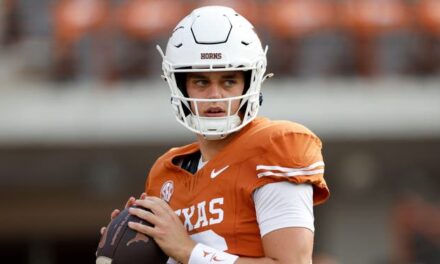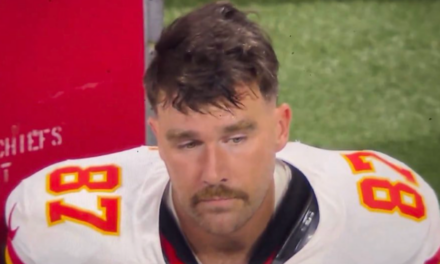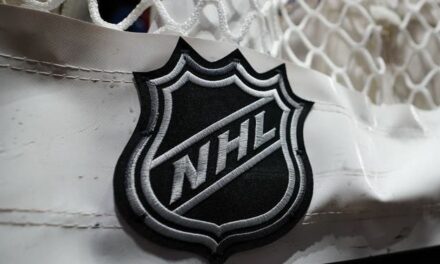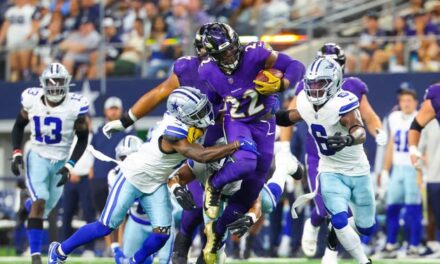We support our Publishers and Content Creators. You can view this story on their website by CLICKING HERE.
Matthew Sluka. Bear Alexander. Kelly Bryant. MJ Morris.
What do these names have in common? They all took redshirts in the middle of seasons and bailed on their respective teams. In Sluka’s case, it was because of NIL. In Bryant’s case, it’s because some dude named Trevor Lawrence took over the quarterback job at Clemson.
There have been more, and there will be more.
RELATED: Troubling Trend Continues In College Football, As USC’s Bear Alexander Intends To Sit Out Season: REPORT
All of them, though, could have been avoided long ago.
This is the NCAA’s worst nightmare. Its grip on college athletics has been diminished to the point where it has virtually no control over player compensation, roster management and essentially every aspect of what it used to govern.
Remember the Ed O’Bannon case? You know, the one from 2009 that the former UCLA hoops player brought against the organization due to its use of name, image and likeness of current athletes?
That kicked off a massive wave of issues related to NIL that ultimately led to countless problems including a reluctance to allow players to earn money, the decade-long hiatus of the college football video game and a wave of lawsuits that the NCAA loses almost every time.
One of those cases – NCAA vs. Alston that essentially had to do with education-related benefits – resulted in a 9-0 loss in the United States Supreme Court. Do you know how hard it is to lose 9-0 in the Supreme Court? There could be a case that allows free beer for everybody in the country and it still wouldn’t be a blowout of that proportion.
In 2008, the SEC and CBS agreed to a contract that paid the conference $55 million per year through the end of last season. That was a sweetheart deal at the end, but it was a landmark agreement at the time. It signaled another step in the evolution of big business in college athletics.
Think about it. What was a landmark decision before the O’Bannon case was considered a “sweetheart deal” by the end. In between, the NCAA could have realized what was going on. It could have prevented all of this by simply recognizing that things weren’t going to change due to the popularity of the sports that it governs.
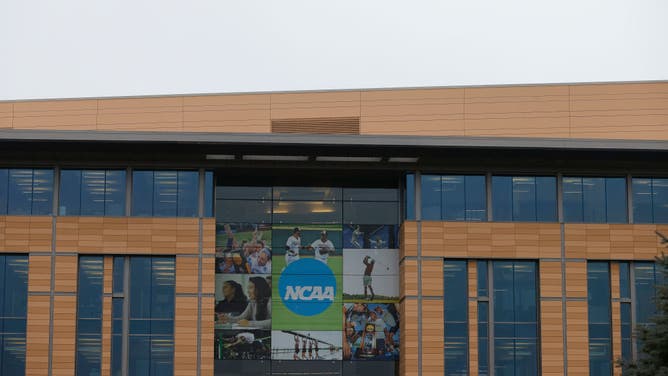
INDIANAPOLIS, INDIANA – JANUARY 06: NCAA logo and signage is displayed outside the National Collegiate Athletic Association headquarters on January 06, 2024 in Indianapolis, Indiana. (Photo by Aaron M. Sprecher/Getty Images)
In the process, it got hit from all angles by lawyers from across the country representing essentially everything it held near and dear. Maybe, just maybe, it shouldn’t have dug in its heels and simply created a system that benefits everybody including the athletes who create the product to begin with.
There is light at the end of the tunnel, though.
Revenue sharing is around the corner – conferences have taken initiative (including a reported meeting with the Big Ten and SEC in Nashville) and virtually the entire world recognizes that this system is broken.
It all could have been avoided if the NCAA has just a little bit of foresight and common sense.

 Conservative
Conservative  Search
Search Trending
Trending Current News
Current News 